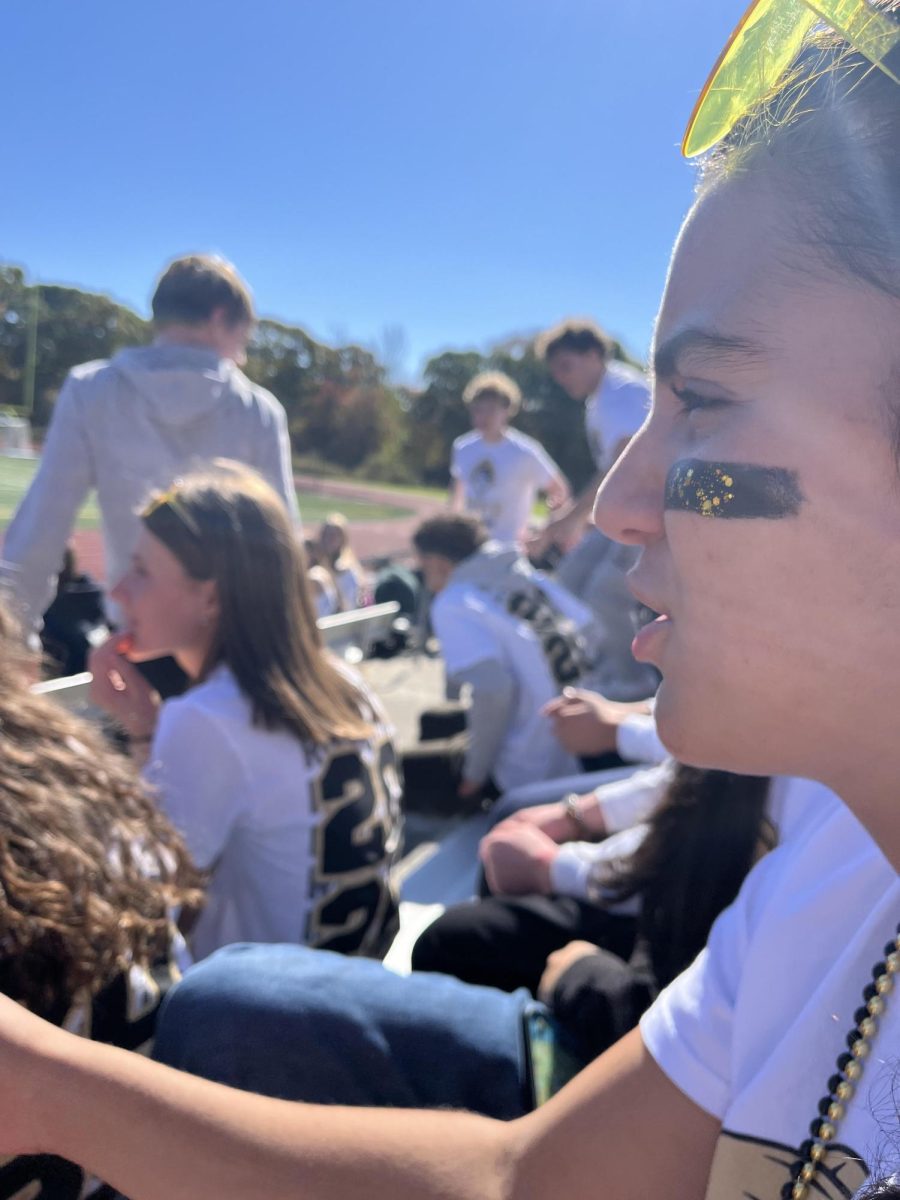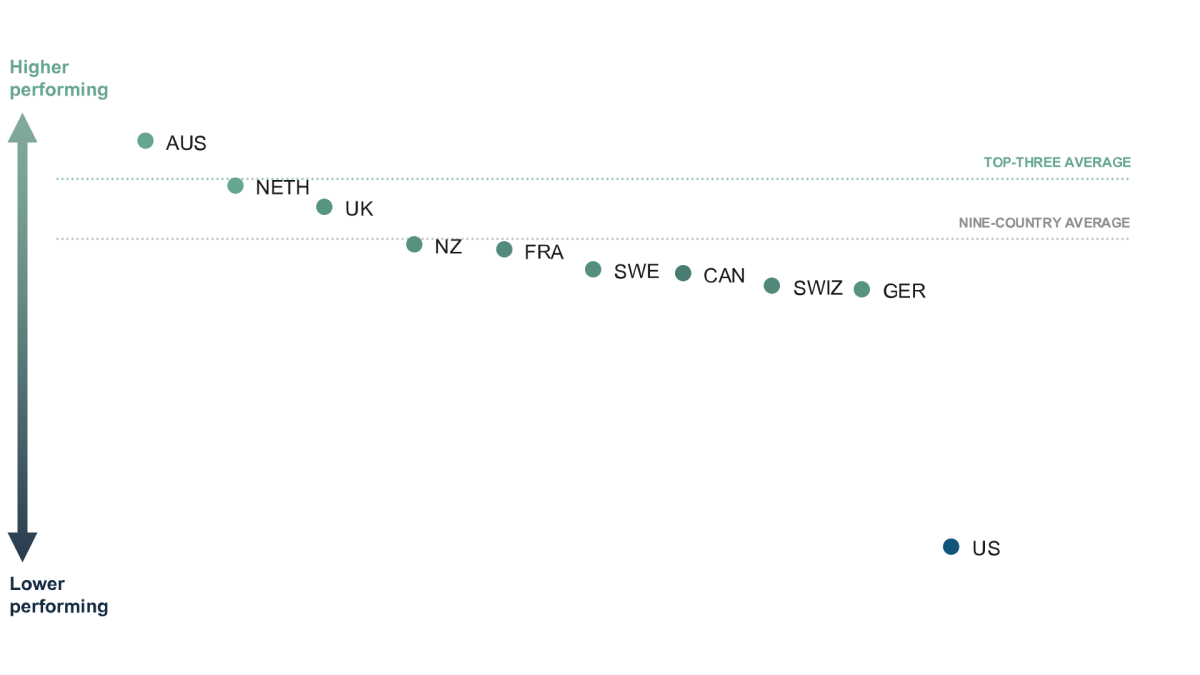Senioritis Revelations
Being the oldest gives a feeling of security . . . that could be the way you change your act, the way you dress, and even just saying ‘hi’ to people in the hallways.
January 22, 2021
As the holiday season has come and gone, the pivotal academic period for seniors has most likely passed. As college season approaches, most students at North Kingstown High School will be receiving acceptances from various universities. Those who did not apply to college are more than likely landing job opportunities for the summer/fall. Either way, the focus is shifting from high school to the future.
With that in mind, perhaps some aspects of high school seem less important to the seniors. Are they less concerned about social stigmas? After all, the departure of the senior class is within a sixth-month window; some of the people we met in high school, we may never see again.
Senior Owen Moynihan explained how the departing class is often the least concerned with social stigmas. ¨Nearing the end of our senior year, people are way more confident,” said Moynihan. “Being the oldest gives a feeling of security . . . that could be the way you change your act, the way you dress, and even just saying ‘hi’ to people in the hallways.”
“Realizing it’s my last year in high school, I feel like I might as well live my life as I’ve always wanted.” said senior Jonah Steinweh-Adler. “I realized that the social aspect of high school is not the end-all-be-all of life.”
“I became less concerned with the social stigmas throughout high school because I realized that other people’s opinions don’t matter in the long run.” said senior Julia Caruolo. “My overall attitude from freshman year to senior year changed drastically. I realized that you can only worry about things that are within your control and always be open to new ideas.”
The general consensus among Moynihan, Steinweh-Alder, and Caruolo is that seniors feel less social anxiety and are more open, flexible, and in touch with themselves.
Perhaps academics are less of a burden as well. Individual class grades seem less important when college decisions start rolling in.
“Senioritis can be a bad thing . . . people can start to work less and that could build up and slowly take over your everyday life,” said Moynihan. Yet he does believe that insufficient work ethic is different from a need for relaxation. “I think (minor forms of) senioritis results from someone who worked very hard during their high school career and is ready to relax.” Moynihan believes senioritis can be seen as a “great representation” of someone who worked vigorously and deserves a well-needed break.
Caruolo believes senioritis shows “how you are moving into the next phase of your life” and “starting to build your future.” Perhaps these are necessary adjustments for soon-to-be departing students.
Yet this doesn’t mean that the seniors have it easier. Steinweh-Adler described how the focus from academics shifting to college decisions does not always decrease student pressure. “I’m still pretty stressed,” he said.
Whether or not a senior exhibits signs of senioritis, each student has the opportunity to look back on the past four years of high school and reflect. Moynihan is confident most seniors do exactly that: “I think most of the senior student body starts to look within themselves and pay attention to their inner feelings. People express what they really want to express. I am very fortunate and lucky to be a student of North Kingstown High School and have these four years expose me to an amazing experience.”
In retrospect, is senioritis a bad thing? Moynihan, Steinweh-Adler, and Caruolo seem to believe it reaps positives and negatives. Yes, increased laziness is common during senior year, but all three agree that the most advantageous part of being a senior is expressing your true self and reflecting upon enlightening high school experiences. And so, the term ‘senioritis’, commonly used in a negative connotation, might not be as bad as previously presumed.










